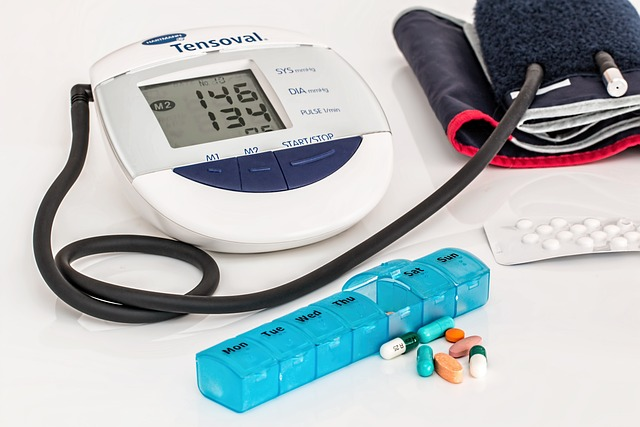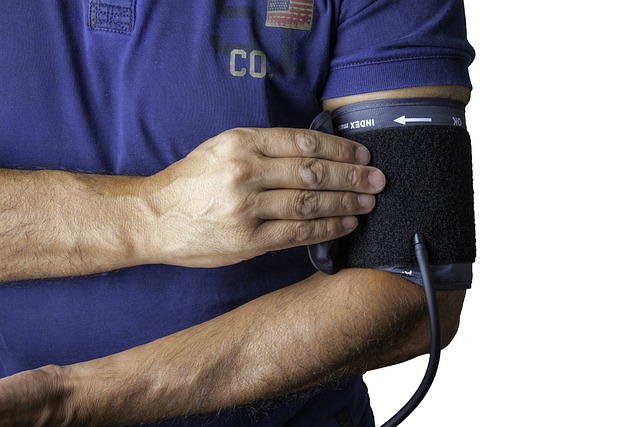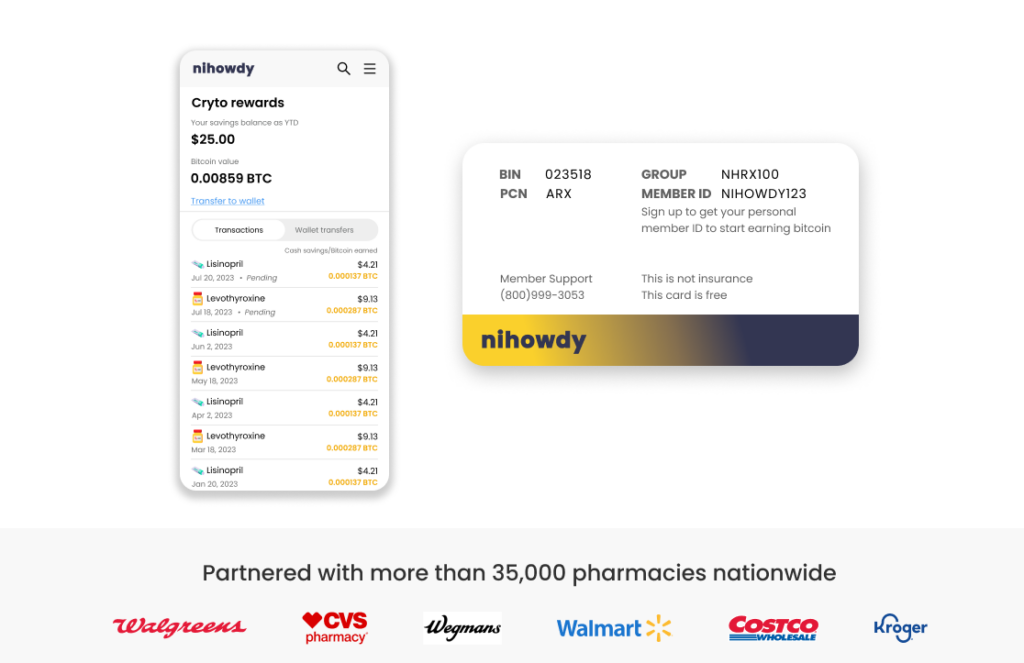Exploring Effective Alternatives to Lisinopril for Managing High Blood Pressure

Alternatives to Lisinopril can offer better ways to control blood pressure with fewer side effects. Whether due to tolerance issues or specific health conditions, this article lays out various medical and lifestyle options to consider. Keep in mind, that adjustments in your hypertension treatment should be made under professional guidance.
Key Takeaways
Lisinopril is an ACE inhibitor with a long half-life, suitable for patients with liver issues, but may cause side effects like dry cough, and dizziness, and require monitoring of serum potassium levels.
There are various alternatives to Lisinopril, including ARBs, CCBs, beta-blockers, and diuretics, each with different mechanisms and potential benefits depending on patient-specific factors.
Combining medications, consulting healthcare professionals before making changes to treatment, and incorporating natural approaches like lifestyle modifications can optimize blood pressure management.
Understanding Lisinopril and Its Role in Hypertension Management

Lisinopril belongs to the category of ACE inhibitors, which are commonly prescribed to manage hypertension. Its mechanism involves several actions.
It suppresses the renin-angiotensin-aldosterone system
Decreases vasopressor activity
Reduces aldosterone levels
It blocks the transformation of angiotensin I into angiotensin II, which is a powerful agent that narrows blood vessels.
Such effects contribute to both reducing blood pressure and enhancing circulation throughout the body. By targeting the renin-angiotensin-aldosterone system, Lisinopril plays a crucial role in improving blood flow, which is essential for maintaining optimal health and managing conditions related to hypertension.
Characterized by its extended half-life and preference for water (hydrophilic properties), Lisinopril stands out among other ACE inhibitors and is well-adapted for use in patients with diverse health conditions. Notably beneficial about Lisinopril is its ability to avoid metabolism through the liver, rendering it particularly useful for individuals suffering from liver-related issues. Frequently chosen as an initial therapy choice, this ACE inhibitor comes highly recommended when aiming at lowering high blood pressure in those diagnosed with hypertensive disorders.
The Importance of ACE Inhibitors
ACE inhibitors play a crucial role in the first-line treatment for managing hypertension, effectively controlling blood pressure to avert critical issues like strokes and heart attacks.
Their extensive application highlights the essential nature of ACE inhibitors in not only controlling blood pressure but also preserving cardiovascular health.
Lisinopril Side Effects
Lisinopril has proven to be an effective medication for controlling hypertension. It is associated with several adverse effects. Patients taking Lisinopril may experience a continuous dry cough, feel dizzy, have headaches, and there’s also the risk of hyperkalemia as well as renal insufficiency. Monitoring serum potassium levels routinely is crucial for those using Lisinopril—particularly in individuals who consume diets rich in potassium.
Diving into Lisinopril Alternatives: Prescription Medications

If you’re dealing with the adverse effects of Lisinopril, take comfort in knowing there are multiple blood pressure medications available to treat high blood pressure. Alternatives include:
Angiotensin II Receptor Blockers (ARBs)
Calcium Channel Blockers (CCBs)
Beta Blockers
Diuretics
Norvasc (amlodipine), a type of CCB, is often preferred as an initial therapy choice for controlling hypertension.
It’s important to recognize that these substitute medications for blood pressure may differ in the onset time before they begin working, which reflects variability both in how each medication functions and individual patient reactions.
Angiotensin II Receptor Blockers (ARBs)
Angiotensin II receptor blockers (ARBs) counteract the effects of angiotensin II, causing blood vessels to expand and consequently lowering blood pressure. These medications are beneficial for individuals who have negative reactions to ACE inhibitors. Should you be affected by a cough or angioedema as a result of taking an ACE inhibitor, ARBs could provide better tolerability. ARBs are often a preferred choice for hypertensive patients who experience side effects from ACE inhibitors.
Calcium Channel Blockers (CCBs)
Calcium channel blockers aid in reducing blood pressure by stopping calcium from entering the heart and blood vessel cells. This helps relax the muscles of the heart, improving its ability to pump blood efficiently. These medications are not advisable for individuals with congestive heart failure (CHF) and might result in peripheral edema as an adverse effect.
Beta Blockers
By inhibiting the influence of adrenaline, beta-blockers slow the heartbeat and diminish the power with which the heart contracts, effectively reducing blood pressure. They come with advantages like not causing cough or adverse effects on potassium levels. These medications are especially beneficial for individuals who have experienced a heart attack or those dealing with atrial fibrillation.
Diuretics
Diuretics enhance urine output and facilitate the removal of salt and water from the body. This action decreases fluid volume within blood vessels, ultimately helping to lower blood pressure.
These medications leverage their diuretic effects to effectively reduce high blood pressure.
When controlling fluid content in the blood vessels is necessary, diuretics may serve as a substitute for ACE inhibitors.
Combining Medications for Optimal Blood Pressure Control

At times, managing blood pressure may require more than just a single drug. When the patient’s blood pressure remains notably higher than desired targets, healthcare professionals often turn to combination therapy. This approach typically involves using lower to moderate doses of two antihypertensive medications that have synergistic effects.
A widely used strategy is pairing an angiotensin receptor blocker (ARB) with a diuretic, which tends to amplify the effect of lowering blood pressure. Combining these drugs into one pill has proven advantages for both adherence and efficacy in controlling hypertension compared to taking each medication separately.
Natural Approaches to Complement Blood Pressure Management

Managing blood pressure effectively encompasses more than just the use of medications. Indeed, they are vital in treating high blood pressure, but your strategies need not be limited to pharmacological interventions alone. Natural methods such as:
changing what you eat
increasing physical activity
minimizing stress
ensuring sufficient rest
These lifestyle adjustments can bolster your endeavors to manage hypertension and assist in maintaining healthy blood pressure levels.
Adopting a nutritious diet, engaging in consistent exercise routines, employing stress management techniques, and prioritizing proper sleep hygiene are fundamental natural tactics that support the broader efforts of managing blood pressure holistically.
Dietary Supplements and Nutraceuticals
Dr. Mark Houston, who specializes in functional medicine, suggests that through proper nutrition and the use of nutraceuticals, patients may decrease or even forego medications typically used in managing hypertension. He conducted research in 2010 focusing on various elements such as:
Cellular micronutrients
Nutraceuticals
Vitamins
Antioxidants
Minerals
He explored their impact on preventing and treating both hypertension and cardiovascular disease. For those with high blood pressure, it is essential to maintain the health of artery walls.
It has also been noted that increasing one’s intake of potassium from food sources instead of relying on supplements could be beneficial for lowering blood pressure.
Lifestyle Modifications
Incorporating a diet beneficial for the heart, with an emphasis on whole grains, fruits, vegetables, and low-fat dairy items, and minimizing intake of saturated fats and cholesterol, can help decrease high blood pressure. It’s also crucial to cut down sodium in one’s diet, consume alcohol only moderately if at all, stop smoking altogether, and manage stress effectively to keep blood pressure within healthy limits.
Consultation with Healthcare Professionals: Making the Switch Safely
It is critical to seek the advice of healthcare professionals before undertaking major alterations to your regimen for managing hypertension. These experts are equipped to evaluate your specific circumstances and provide tailored guidance on how best to manage your blood pressure. They can also assist with any necessary modifications in medication, ensuring that dosage adjustments or changes in dosing schedules are made safely and appropriately for your health situation.
Making sudden shifts or stopping medications without the input of a healthcare provider may result in negative consequences or could worsen existing health issues.
NiHowdy’s Prescription Discount Card: Saving on Your Lisinopril Alternatives
Embarking on the path towards managing hypertension effectively can lead to concerns regarding expenses. NiHowdy’s prescription discount card is a valuable resource in this scenario. It not only facilitates significant savings on medication costs but also rewards users with a bonus of up to 3% back in Bitcoin for each prescription transaction.
This card doesn’t just offer monetary benefits. It also acts as an instrument against escalating healthcare expenditures by offering complimentary rewards. These incentives have the versatility to be used toward a wide range of substantial life costs.
Summary
Hypertension management is not a one-size-fits-all approach. We’ve explored the role of Lisinopril and its side effects, delved into alternative prescription medications, and highlighted the importance of lifestyle modifications and natural approaches. Most importantly, we’ve emphasized the crucial role of healthcare professionals in guiding you through this journey safely.
Remember, your health is your wealth! Don’t let hypertension hold you back. Explore your options, find what works best for you, and take charge of your health. You deserve a life free from the discomforts of hypertension!
Frequently Asked Questions
What are some side effects of Lisinopril?
It’s essential to be cognizant that Lisinopril may lead to a continuous dry cough, feelings of lightheadedness, and headaches, and could also increase the risk of hyperkalemia as well as renal insufficiency. Thus one must keep in mind these potential adverse reactions.
What are some alternatives to Lisinopril?
Alternatives to Lisinopril include drugs such as Angiotensin II Receptor Blockers (ARBs), Beta Blockers, Calcium Channel Blockers (CCBs), and Diuretics.
For tailored recommendations that suit your specific health needs, it is advisable to consult with your healthcare provider regarding these options.
Can lifestyle modifications help manage hypertension?
Indeed, managing hypertension can be greatly aided by adopting lifestyle changes like consuming a diet that benefits the heart, cutting down on salt intake, moderating alcohol use, ceasing smoking habits, and controlling stress levels.
What is NiHowdy’s prescription discount card?
The prescription discount card from Nihowdy is an advantageous resource for reducing costs on medication buys, providing the added benefit of earning up to 3% back in Bitcoin with every transaction.
Should I change or discontinue my hypertension medication without consulting a healthcare professional?
Always seek the advice of a healthcare professional before altering your hypertension medication regimen in order to prevent any potential adverse effects or health complications.


